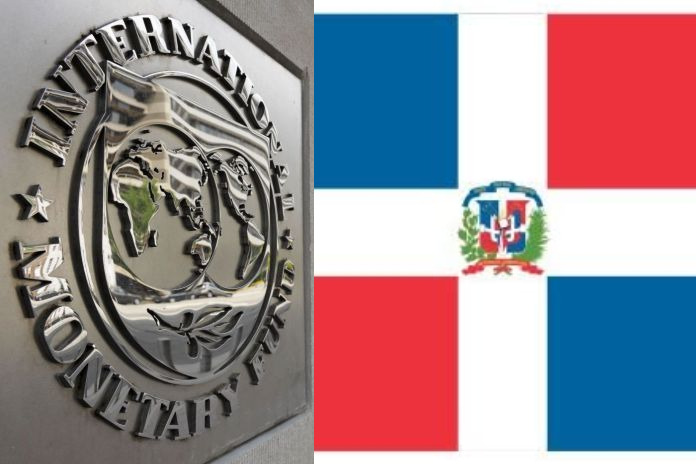WASHINGTON, USA – On June 30, the eecutive board of the International Monetary Fund (IMF) concluded the Article IV consultation with the Dominican Republic.
The pandemic hit the Dominican Republic economy hard in 2020 but policy support helped cushion the impact. The initial global spillovers on tourism and exports and the heavy toll of the lockdown on other sectors led to a sharp economic contraction in the second quarter. However, sound fundamentals and a decisive policy response including increased social transfers and health spending, tax deferrals and targeted tax relief, monetary policy easing, liquidity support and prudential flexibility helped the economy rebound gradually.
Overall, the economy contracted 6.7 in 2020, but positive growth momentum started in the second half of the year. Largely reflecting supply shocks, inflation increased in the second half of 2020, but expectations remained well-anchored. Continued strong access to global markets aided the financing of the higher fiscal deficit and the financial sector remained resilient. The current account deficit remained more than fully financed by FDI, strengthening the international reserves position.
A significant recovery is expected starting in 2021, with risks broadly balanced. This recovery will be aided by US spillovers and the swift vaccination campaign implemented by the authorities. Growth in the Dominican economy is expected to converge to its potential over the medium-term, progressively closing the output gap. While the recovery in tourism activities is expected to be gradual, manufacturing exports, investment and consumption would be supported by global growth, resilient FDI and buoyant remittances.
A remaining output gap, anchored inflation expectations and the temporary nature of supply shocks should allow inflation to converge to the target over the policy horizon. While COVID has burdened public finances, a gradual return to pre-pandemic primary balances would secure a downward path in public debt. The current account would remain more than fully financed by FDI. Risks are broadly balanced, largely reflecting the COVID outbreak: while a longer-than-expected deployment of vaccines or a prolonged pandemic could deter growth, faster global containment may have positive spillovers. Other key risks include tighter global financial conditions and extreme weather events.
Executive board assessment
Executive Directors agreed with the thrust of the staff appraisal. They commended the authorities’ decisive policy response to protect the health and livelihoods of Dominicans, including through increased health expenditures, social transfers, targeted tax relief, and supportive monetary and prudential policies. Directors agreed that the Dominican Republic is set for a strong economic recovery in 2021 underpinned by the policy response, the global rebound, and the swift vaccination campaign. They noted that risks to the outlook are broadly balanced, mainly associated with the strength and speed of the global recovery.
Directors agreed that policies appropriately balance continued support of the recovery with the need to secure debt sustainability. They noted that the envisaged fiscal consolidation protects critical social assistance and health spending through strict controls of non-priority expenditures and improved targeting of social and employment programs. Directors stressed the need for medium-term revenue mobilization through a broadening of the tax base and revision of tax exemptions. They noted that further reforms in the electricity sector will help create fiscal space to reduce debt sustainability risks while protecting investment and social spending. Directors welcomed recent progress and underlined the benefits of further improvements in fiscal governance and transparency, including by enhancing public financial management and introducing fiscal responsibility legislation.
Directors agreed that monetary policy support remains appropriate as long as inflation expectations remain well-anchored, while exchange rate flexibility would help provide a buffer against shocks. Directors agreed that while the financial system remains resilient and well-monitored, it would benefit from moving closer to international standards for supervision and regulation and enhancing the macroprudential and crisis management toolkit. They also noted that recapitalizing the central bank would enhance its financial and institutional independence.
Directors highlighted the importance of structural reforms to improve social outcomes and increase productivity. They noted that ensuring inclusive and sustainable growth will require making social programs more effective and focused on increasing labor market participation and education support, modernizing the labor code to allow for more flexible and formal work arrangements, narrowing labor market skills gaps, and addressing rural poverty and gender inequality. They also highlighted the importance of enhancing competitiveness and reducing the regulatory burden. Directors stressed that adapting to and mitigating climate change risks remains a priority.
It is expected that the next Article IV consultation with the Dominican Republic will be held on the standard 12-month cycle.







